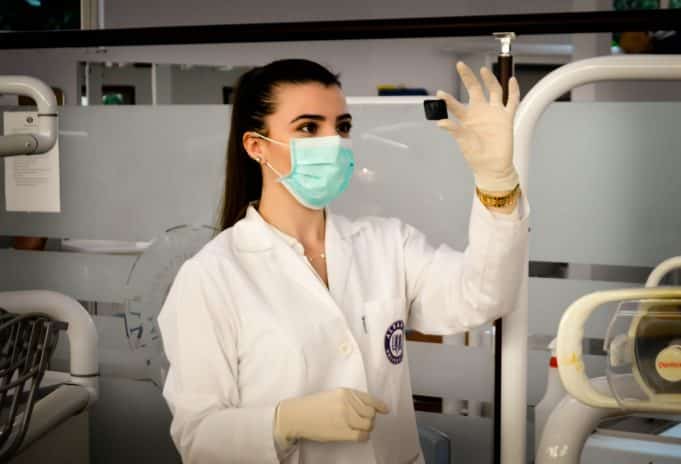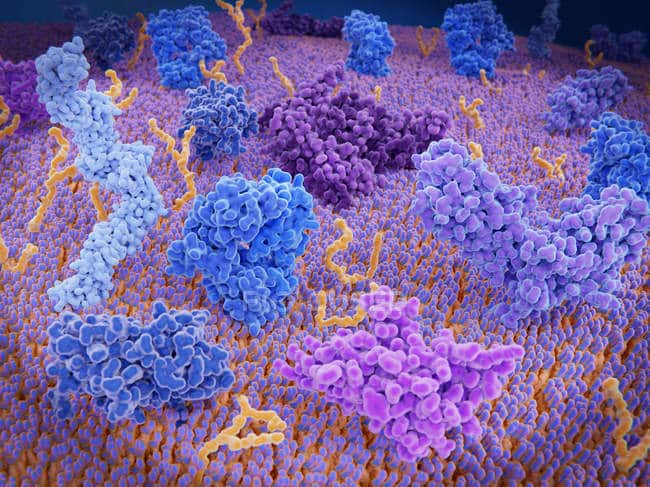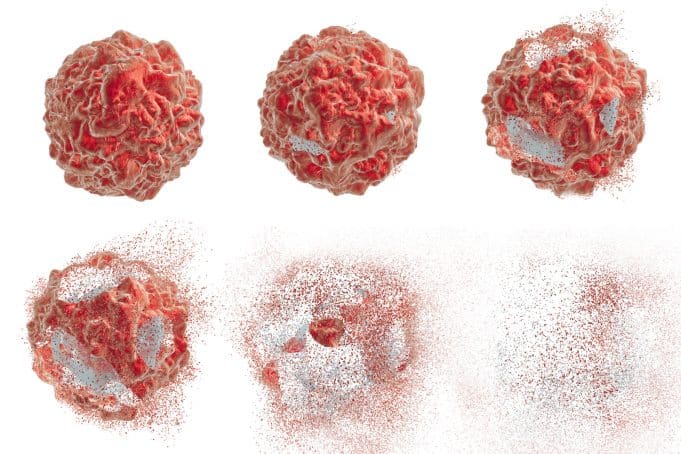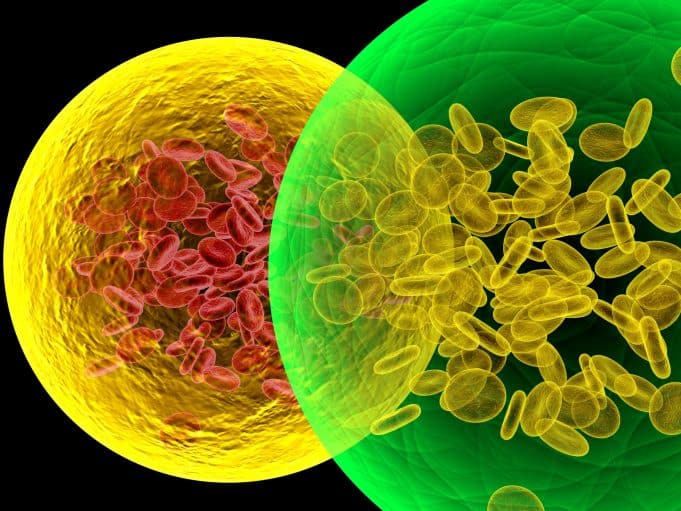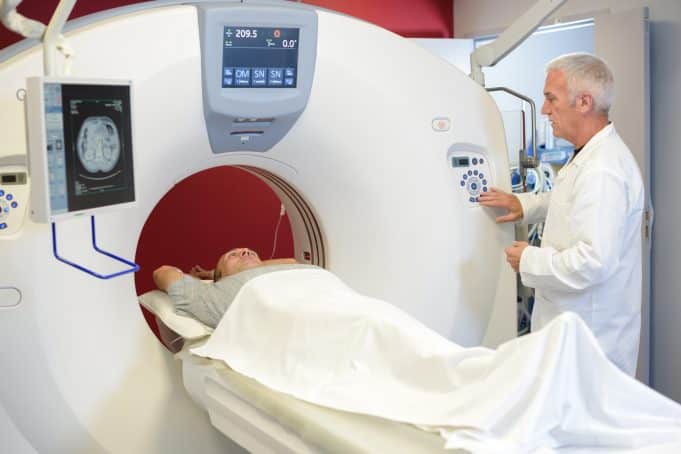Over the past few years, research has shown that many cancers respond remarkably well to integrative therapies, or a combination of conventional and alternative treatments. More than 75% of American cancer patients are now seeking out these...
A recent study published in Nature Medicine reported that researchers are working hard to find new ways to predict immunotherapy outcomes in cancer patients. Checkpoint inhibitor drugs have been effective at removing malignancies in about 20 to 40 percent of...
Everything is "do it yourself," these days. Creating optimal health is no exception. If you want to be healthy, it's largely up to you to figure out the best ways to get your body where it needs to be. This...
A recent study published in Nature Medicine showed that a new method of immunotherapy has been effective at destroying lymphoma. The protocol involves injecting a cancer vaccine inside a patient's tumor in order to trigger the immune system to attack the...
The standard treatment for recurrent or metastatic head and neck caners has always been chemotherapy. But that's now changing, after several phase 3 studies showed that immunotherapy is more effective.
The current treatment...
The field of immunotherapy is booming. There are more than 2,600 clinical trials currently testing the most effective kind of immunotherapy, but only about 89, or 3%, of those studies are focused on pancreatic cancer. Why is pancreatic cancer...
CAR-T therapy has been successful at treating lethal blood cancers, and new studies show that it may even fight against certain kinds of solid tumors. The treatment is a type of immunotherapy that utilizes a patient's own cells to...
With the rise of research in immunotherapy and its increasing success in treating cancers, we know now more than ever that the immune system and cancer are connected. In fact, scientists have discovered in the last few decades just...
Early findings of a new clinical trial suggest that cryoablation could be an alternative to surgery in patients with low-risk breast cancer. The study was led by Dr. Kenneth R. Tomkovich, radiologist at Princeton University. Three-year data showed that...
According to a study that appeared in The Journal of Nuclear Medicine, scientists at Bristol-Meyers Squibb (BMS) are developing a new way for physicians to determine how cancer patients might respond to PD-1 (programmed cell death protein 1) and PD-L1...





















